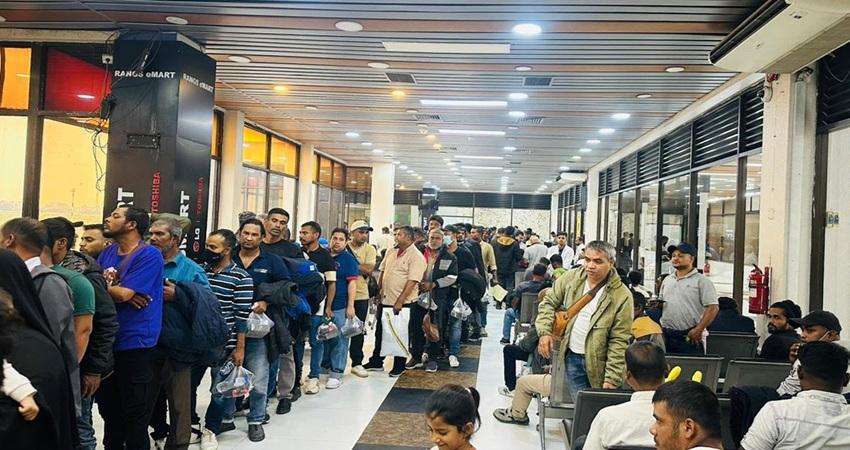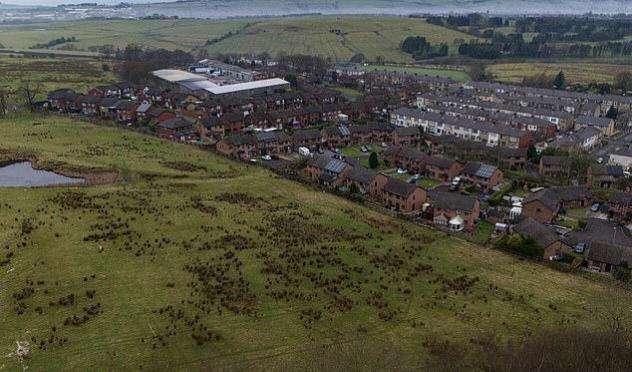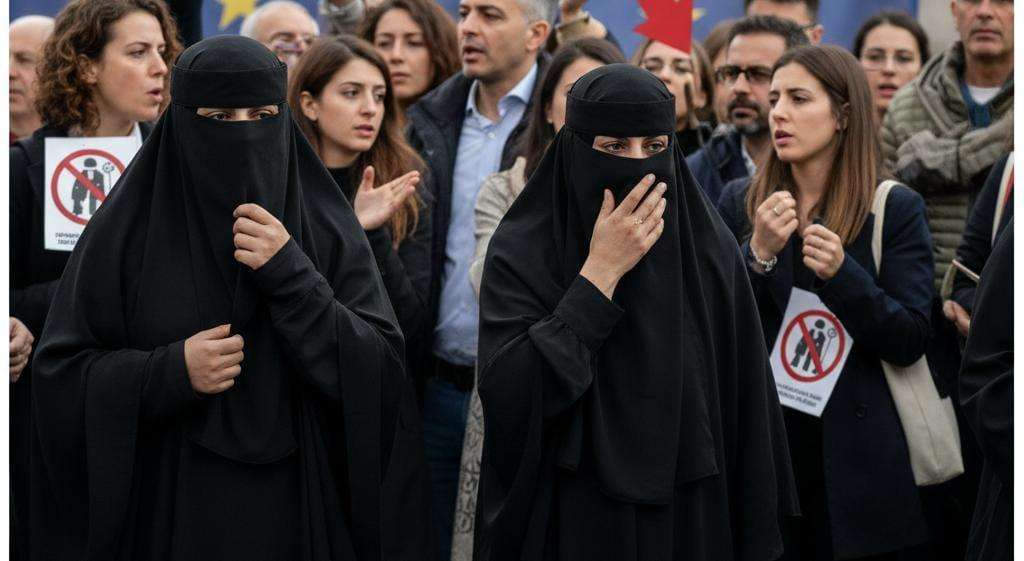Britain’s political leadership is facing a profound dual crisis, with the governing Labour Party accused of sacrificing national security to appease Beijing and the opposition Conservatives embroiled in a vicious internal row over racial politics and community integration. This twin failure of competence and culture has intensified criticism of both party leaders, Sir Keir Starmer and Kemi Badenoch, underscoring deep national divisions, Daily Dazzling Dawn understands.
The Conservative Crisis: Jenrick’s 'Slum' Remarks and the Integration Inferno-Shadow Justice Secretary Robert Jenrick has ignited a national firestorm by doubling down on remarks that the Birmingham district of Handsworth was "as close as I've come to a slum in this country" and "one of the worst integrated places I’ve ever been to." The most explosive aspect was his claim, recorded at a Conservative dinner in March, that during a 90-minute visit, he "didn’t see another white face," concluding: "That’s not the kind of country I want to live in."
Jenrick, who insists he is raising a "legitimate and fair debate" about "parallel lives," has faced overwhelming condemnation. The Bishop of Birmingham and other community leaders wrote to him, warning his remarks "have the potential to generate anxiety and stir up division" and "can feed into a fire of toxic nationalism."
The crisis has particular resonance within the British Bangladeshi and wider South Asian Muslim communities in Handsworth. Local residents and business owners fiercely rejected Jenrick’s characterisation as "incendiary, inaccurate, and careless." Official Birmingham City Council ethnicity data paints a clear picture of Handsworth's diversity, showing its population comprises Pakistani (25\%), Indian (23\%), Black African or Black Caribbean (16\%), and White (9\%) ethnic groups. Critiques from across the political spectrum—including former Tory mayor Andy Street, who called Jenrick "wrong"—accuse the MP of using ill-informed language to judge people based on skin colour and stoke a divisive "culture war" narrative.
This internal rift has exposed the fragility of Conservative Leader Kemi Badenoch’s position. While she defended her Shadow Minister, claiming there is "nothing wrong with making observations" and dismissing accusations of racism, her attempt to pivot the argument towards the need for "properly integrated" communities has failed to quell the outrage. This ongoing crisis feeds into mounting concerns about the Conservative Party’s stability, with senior figures like Jenrick himself warning in May that the party faces an "existential crisis" amid the rising threat of Reform UK.
The Labour Crisis: Spy Trial Collapse and Starmer’s 'Kowtow to China'
Simultaneously, the Labour government under Prime Minister Sir Keir Starmer is reeling from the September collapse of the high-profile espionage case against two British men, Christopher Cash and Christopher Berry, accused of spying for China. The failure has drawn accusations from the Opposition that Labour has prioritised economic ties and is effectively "kowtowing to China" at the expense of national security.
The Director of Public Prosecutions (DPP), Stephen Parkinson, publicly blamed the failure on the government, revealing on October 7th that the Crown Prosecution Service (CPS) had tried "over many months" to secure the necessary evidence, but the Labour government repeatedly refused to formally classify China as a "threat to UK national security" at the time the alleged offences took place (late 2021 to early 2023). Under the outdated Official Secrets Act 1911, prosecutors required proof that the information was communicated to an "enemy."
Prime Minister Starmer, a former DPP, attempted to deflect blame, insisting the designation of China was a policy decision inherited from the previous Conservative government. He pointed out that the current stance, reflecting in the National Security Strategy, describes China as an "epoch-defining challenge" rather than an "enemy." However, the involvement of his National Security Adviser, Jonathan Powell, in senior Whitehall meetings to discuss the trial just days before its collapse has fueled accusations of political interference aimed at appeasing Beijing.
The collapse has been branded a "serious threat" to the UK’s ability to prosecute foreign espionage and has left Parliament vulnerable to "foreign actors," according to the Speaker. For Labour, the crisis is a severe test of the government's competence and a stark reminder that both major parties are struggling to provide a united and coherent response to the complex challenges of modern Britain, from national security to social cohesion.


_5.jpg)





.svg)



